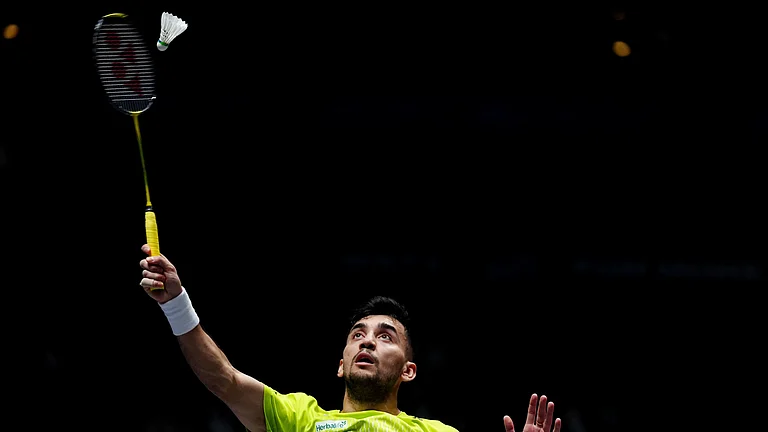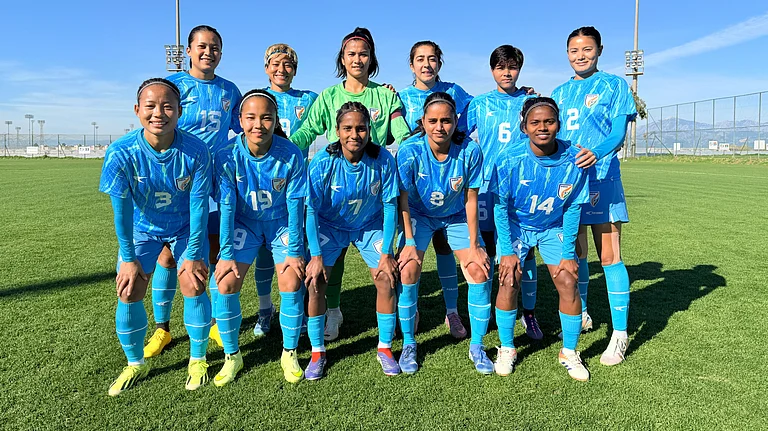Academics is an attractive profession all over the world. Many bright students in the US, UK and other developed countries choose academics as preferred volitional career. India, however, is a different story. Here, the bright ones compete for civil services, other government jobs, engineering and medical professions, and opt for academics only as the last career resort. While many of these bright academicians often metamorphose into ‘dissatisfied souls’; there are also large number of mediocre academicians masquerading as ‘knowledge managers’. Recent policy initiatives in India’s educational reforms notwithstanding, we need to ponder over such contradictions.
The tell-tale of academics as a profession becomes self-explanatory through a visit to any university or college. Most colleges, if not universities, still do not provide separate chambers for their faculty and make them do with the collective seating arrangements that certainly hinder their teaching plans and research activities. Faculty members have to literally beg for basic teaching infrastructure and support facilities. Worse, academic research in India is still an individual volitional activity with very little support coming from the university or college authorities or for that matter higher level institutions in charge of education matters.
There are many other areas where the academic fraternity does not get a fair deal. While there has been a separate pay commission system for the university and college teachers for quite some time and every such pay commission has recommended advantageous pay scales for the teaching fraternity vis-à-vis other sectors of the Government, it has not captivated the teaching faculty since promotions never come on time and are subject to whims, fancies and biases of administrative authorities. In many states of north India, even the salaries don’t come on time, adding to expectational frustration of the teachers. Housing is another sore area and badly hits their pockets in urban conglomerations. For example, in the Delhi NCR, not even one percent faculty in universities and colleges have housing facilities. They are, thus, forced to live in far-flung areas, paying much more than their entitled house rent allowance (HRA).
This then is the state of teaching fraternity in higher academic institutes and is ubiquitous across the length and breadth of the country, with exceptions of few universities (like JNU) and IITs/IIMs that partly care for their faculties. Even if some bright and dedicated youngster enters the teaching profession and is highly motivated to begin with, soon he or she is condemned to pangs of frustration. The administrative authorities do not care for faculty; the students don’t hold them in high esteem; and therefore, most faculty members become ‘victim of circumstances’ and end up being fatalists. Those who are supposed to educate, train and groom the young citizenry of the country are themselves condemned to live a life that is ‘disgusting, insensitive and perpetual’.
These are just representative examples of the shabby treatment that has metamorphosed academics into a ‘secondary profession’ and the least preferred vis-à-vis the established social choices for civil services, engineering or medicine. There are countless examples of bright academicians feeling rusty in the university system in states without getting any promotional avenues for ages but being lorded over by some IAS who may have been a second division graduate but managed to learn the tricks from some coaching institute and now officiating as Vice Chancellors with mere two decades of service. He may have been a one-time lucky man to qualify through the highly uncertain and fatalist civil services exam but has a final voice against that bright academic who may have been proving himself for years with high quality research papers. This is the brute reality of India’s higher education system. Perhaps that speaks why the teaching fraternity encourage their own next generation to opt for glamourous services like the civil services. Power, glitz and glamour matter, at least in Indian circumstances.
The entry system as faculty is also not very rewarding. While some states do have recruitment of college and university faculty through their state public commissions, lack of a formal recruitment system for faculty at an All India basis has complicated the recruitment system and is characterised by subjectivism, nepotism, ideological biases, and many other considerations other than merit. For example, there is no effective regulations over the publication system. Consequently, there is a massive fake publication industry where papers can be published for some monetary considerations, irrespective of the quality, methodological soundness and research outcome. Pushpin is as good as poetry, and the bright ones often lose in comparison to crooks who manipulate the system and abrogate the job for themselves.
The peripheral treatment to academics and its own internal contradictions has made it a loser vis-à-vis other attractive sectors. Whether it is recruitment, compensation system, logistics, perks and privileges, or even social choice, the odds are heavily stacked in favour of the fortunate. Perhaps that speaks why India’s higher education system is in crisis, evident in poor ratings of Indian universities and higher institutes of learning in several global ranking matrices. Our so-called best universities are placed somewhere beyond 500 in the pecking order. The outcome is also evident though massive churn-out of graduates with poor skill development and few takers in the job market.
While we celebrate the so-called Teachers’ Day, we need to move beyond symbolism and work out a long-term vision for streamlining the recruitments system and improving the work environment for the academic fraternity. The National Education Policy (NEP), a welcome step, has only resolved the problematics related to the course content and design. Perhaps, it is time for the big vision and investment into the teaching faculty who will be, without any doubt, the foot soldiers for implementing the visionary NEP.
(Dr Garima Mani Tripathi is an Associate Professor in the Department of Philosophy, Mata Sundri College for Women, University of Delhi. Views are personal)

















